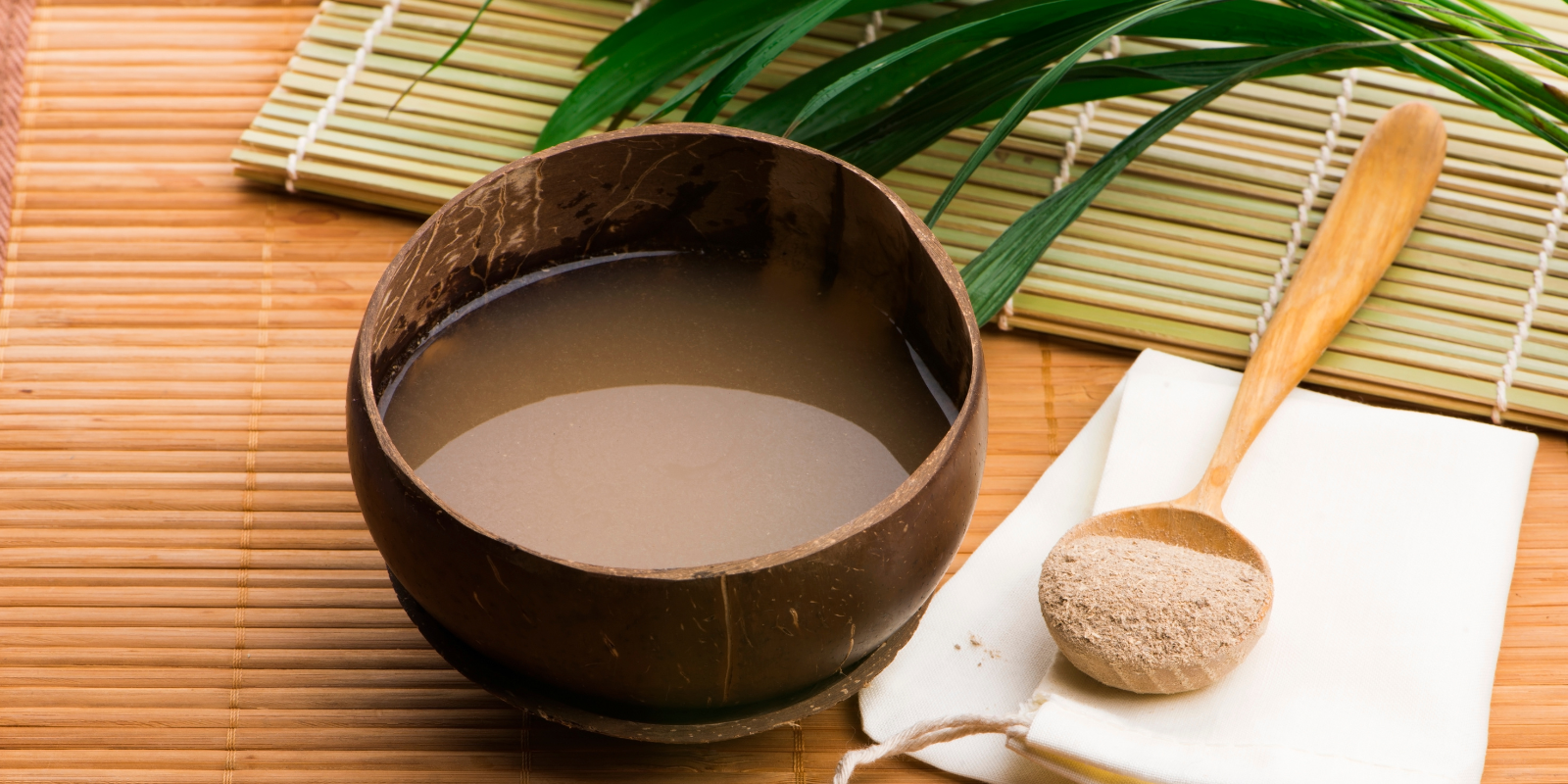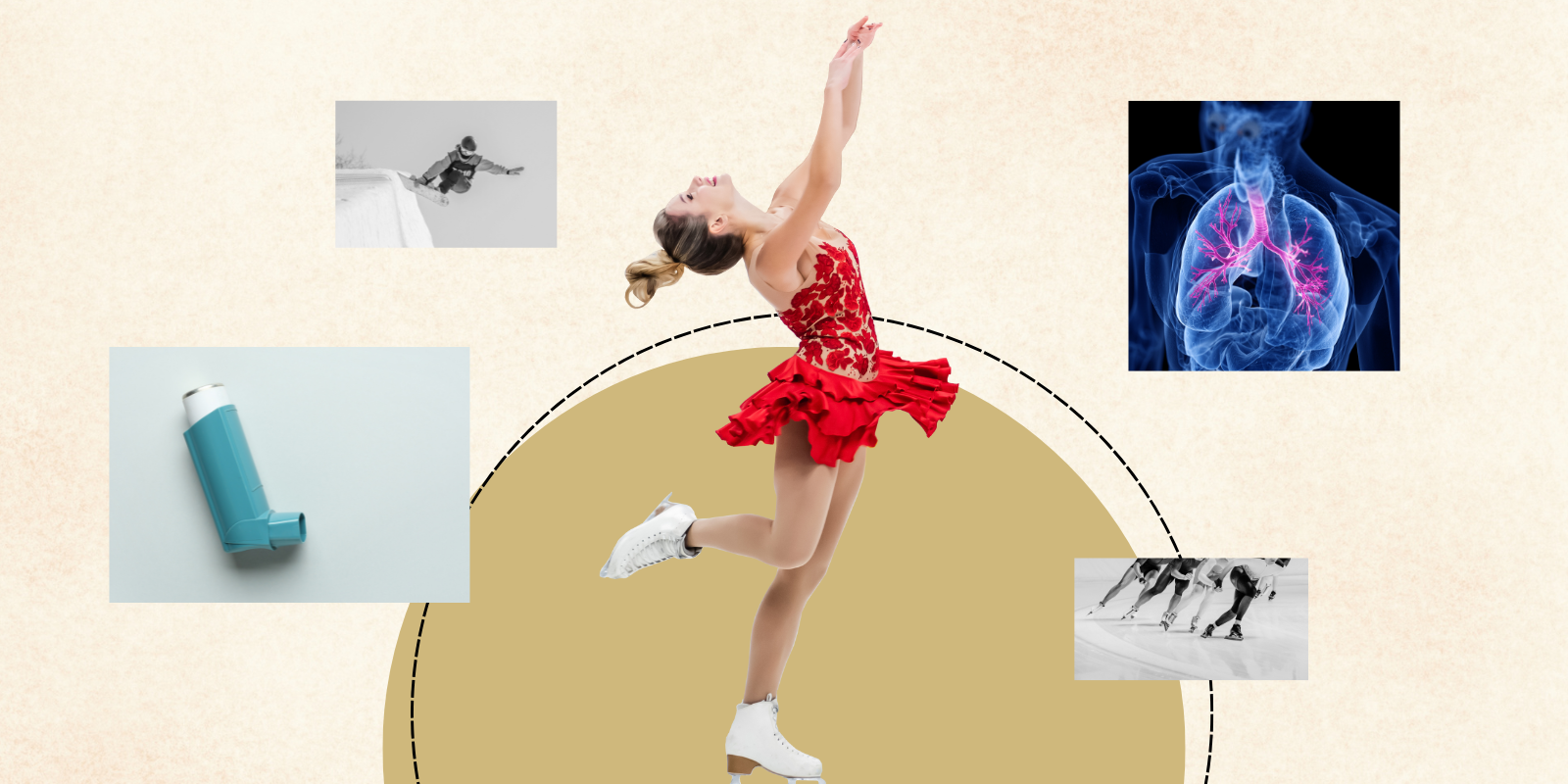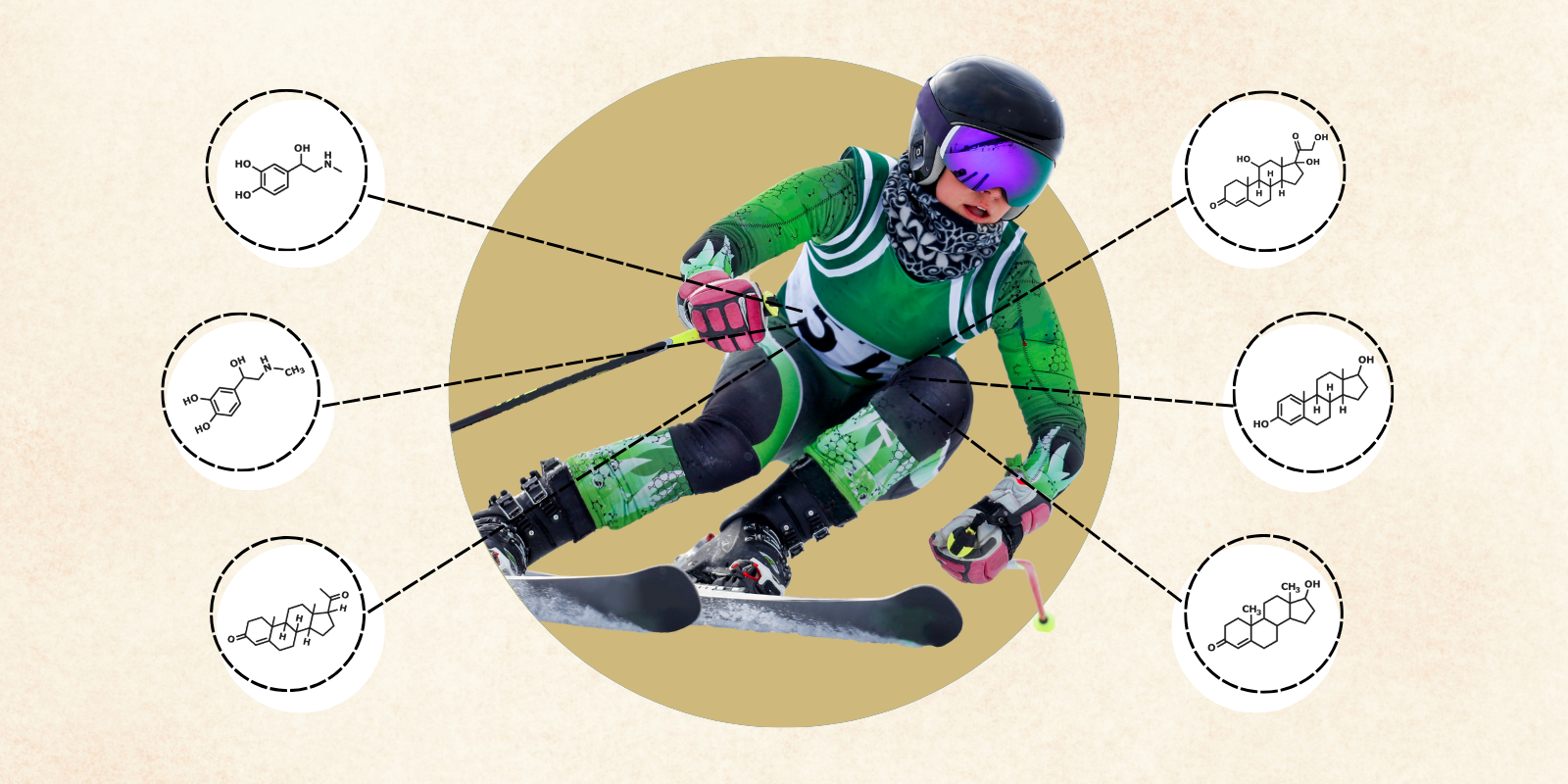How would you describe kava to someone who hasn't heard of it before?
Kava is a product that comes from the roots of plants that are indigenous to the South Pacific islands. It has been used for thousands of years in Indigenous communities, often being served as a type of tea. The current iteration of kava is different because it is now produced at a mass scale and comes in different forms, including supplements.
Kava has some psychoactive effects. It’s thought to be an anxiolytic, or to have calming effects, which is why some have made this connection between kava and alcohol — they both act on areas of the brain to get some of the same effects, but they’re also different in terms of their potency and effects on the brain. Although both substances can cause sedation, alcohol is known to significantly impair motor and cognitive functions, while kava alone has shown less consistent effects on these abilities. It's important to note that kava can potentiate the effects of alcohol, leading to increased impairment when they are used together.
Kava bars and other companies have advertised kava as helping with anxiety and insomnia. What are the potential benefits of consuming kava?
I think the most important thing to realize is that there isn’t high quality, well-controlled research to say that using kava is going to be beneficial. It is not regulated by the U.S. Food and Drug Administration in the same way that medications are, nor are there the same regulations that are placed on alcohol. Kava doesn’t have a recommendation that says doctors should use it to treat anxiety or other health disorders. There is no indication for kava to be used for any sort of medical or mental health condition. But at the same time, there is some anecdotal evidence where some consumers of kava have said it helped reduce their anxiety.
As doctors, we help patients consider that while substances — whether it’s kava, alcohol, cannabis, or other non-prescribed drug — may help you relax and get through certain situations, is it an appropriate coping mechanism as opposed to finding other ways that are potentially less harmful? I advise not relying on substances to get the desired effect.
On the flip side, what are the potential downsides of consuming kava?
The biggest concern we’ve had at a public health level is damage to the liver and liver toxicity, called hepatotoxicity. Several countries, mostly in Europe, have previously banned kava due to concerns of hepatotoxicity. In 2002, the FDA published a consumer advisory report to inform people of the potential risk of liver injury associated with the use of kava-containing dietary supplements.
Other potential effects of consuming kava may include gastrointestinal issues and skin issues, such as getting a rash.
What is still unknown about kava? What are some of the lingering questions about this substance?
Previous data has shown that roughly one in five deaths of U.S. adults between the ages of 20 and 49 were attributable to excessive alcohol use. Alcohol contributes to millions of dollars in health care costs, hospitalizations, emergency room visits — the impact is high. The U.S. Surgeon General just recommended that alcohol should carry a warning label that it causes cancer — similar to cigarettes. We don’t know whether something like kava is a harm-reducing approach to this issue. If kava were to become widely available in the U.S. and on every street corner, would it have a positive impact on our public health crisis of alcohol because people would be drinking less? We don’t know.
There is the potential that people won’t replace alcohol with kava, but instead, they’ll consume both. That could exacerbate the public health emergency that we have related to alcohol, because it could potentially worsen the acute effects of alcohol and the long-term effects like damage to the liver.
So, that’s a big unknown. I don’t think anyone can say whether kava is good or bad in terms of reducing the alcohol-related morbidity and mortality in the U.S.
Is it known how much kava you have to consume to start to feel its effects?
It’s an interesting question, because there are people in Indigenous communities in the South Pacific who consume kava on a daily basis and do not have any adverse health effects. Why is that? It probably has a lot to do with the dose — not just of kava, but how much of the chemically active components of kava are present. It may also depend on how the product was manufactured and stored.
I think it’s almost impossible to say how much has to be consumed to feel the effects, and that’s the problem with unregulated substances. You can go into a liquor store and buy a bottle of wine, and it will tell you how much alcohol is in there. But with kava, you can’t really know for certain that there were the same level of regulations and safety checks to ensure that whatever is on the label is actually what is being served.
I doubt there is really any “safe” amount that a person can consume. I generally advise that lower amounts are better.
For Dry January, many participants will be looking for alcohol-free alternatives. Overall, do you think kava drinks are a good — or healthier — substitute for alcoholic beverages?
It depends on what other alternatives you’re considering. Relative to replacing alcohol with water, no, kava is not a better option. But if a patient came to me and said they drink alcohol every day and now they want to stop and instead try drinking kava, given how dangerous alcohol is, I would support the patient in doing that. However, we would also discuss the potential risks of kava since it is a not a zero-risk substance.
For people who are interested in reducing or stopping their alcohol use, seeking non-alcoholic related products is very reasonable. I often counsel my patients to try non-alcoholic beer. It’s a way for them to enjoy a cold beverage that, when poured into a glass, no one around them would know the difference.
Overall, I’m not endorsing kava as a positive public health measure because of the unregulated nature of it and the unknown risks associated with it. Another example is kratom, which is an herbal substance that can produce opioid-like effects. Kratom is often sold at kava bars. Some people use kratom to stop using other opioids like heroin. While rare, I have had to treat people who have developed an addiction to kratom since it has effects similar to opioids. All of these substances have the potential for addiction and harm, but it is nuanced when we are thinking about harms relative to other substances.
What would you most like for the public to consider before they decide to consume kava?
I think it’s always important to do your research beforehand, as well as consider your own mindset. Why do you want to try kava? Is it because you’re interested in a new experience, or because you are experiencing anxiety and are seeking relief?
Also, consider the setting you are in. Are you obtaining kava from an establishment where you are surrounded by friends and do not have to drive home, or are you obtaining kava from a random person on the street?
For people who are trying kava for the first time, start with a low amount. You don’t have to drink a whole drink, for instance.
And keep in mind that kava is not something I recommend to patients. Although it may be a potentially less harmful option than consuming alcohol, there are risks associated with it, which is why doing your research is important.





